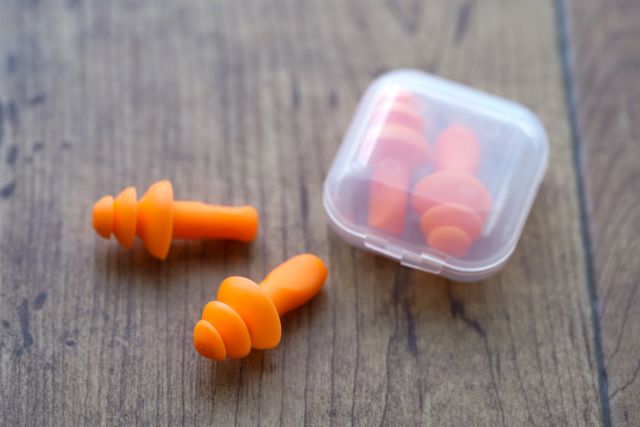Constant clamor from traffic, industry, construction, and more can take a serious toll on your heart health. But here's a quick $2 fix: earplugs.
Buy a pair, and pop 'em in whenever you find yourself surrounded by clamoring construction crews, mower-wielding landscapers, or even noisy table neighbors at restaurants. Results from studies in European cities reveal that chronic exposure to sound levels above 65 decibels -- that's equivalent to merely a loud conversation -- can be hard on the heart.
Sound Off
In the study, which mostly involved middle-aged men who had existing risk factors for heart attack, exposure to moderate urban clatter appeared to be yet another risk factor for their hearts to deal with. Chronic exposure to noise levels of up to 65 decibels was linked to a 10% increase in heart attack risk. More aggressive noise exposure -- up to 70 decibels (about as loud as a hair dryer or vacuum cleaner) -- bumped heart attack risk by 20%. And anything on par with a garbage disposal (up to 80 decibels) was truly problematic -- increasing heart attack risk 50% with chronic exposure. Earplugs can help protect your ears and your heart.
Silence Is Golden
What's the link between loud noise and your heart? The connection goes something like this: Chronic noise exposure activates your nervous system and increases stress levels. This, in turn, negatively affects your heart rate, blood pressure, cholesterol levels, and blood sugar regulation. And if these systems are stressed out long enough, that increases heart attack risk. So if silence makes only a rare appearance in your day-to-day life, follow these heart-healthy tips: find ways to turn down the noise and wear earplugs whenever possible -- something with a noise reduction rating (NRR) of 33 is ideal. That will decrease your exposure to environmental noise by 15 decibels.
Need more reason to protect your ears? The study also found links between chronic loud noise exposure and other bad things, like cognitive impairment, sleep problems, and tinnitus. Are your ears ringing yet?






